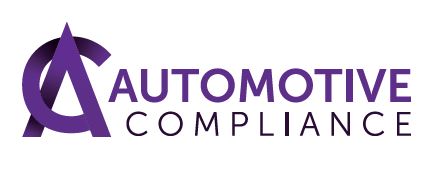Author: Kiril Moskovchuk
Published: July 8, 2019
Reading time: 1 minute
This article is 6 years old.
Read our disclaimer keyboard_arrow_down
This website content is intended as a general guide to law as it applies to the motor trade. Lawgistics has taken every effort to ensure that the contents are as accurate and up to date as at the date of first publication.
The laws and opinions expressed within this website may be varied as the law develops. As such we cannot accept liability for or the consequence of, any change of law, or official guidelines since publication or any misuse of the information provided.
The opinions in this website are based upon the experience of the authors and it must be recognised that only the courts and recognised tribunals can interpret the law with authority.
Examples given within the website are based on the experience of the authors and centre upon issues that commonly give rise to disputes. Each situation in practice will be different and may comprise several points commented upon.
If you have any doubt about the correct legal position you should seek further legal advice from Lawgistics or a suitably qualified solicitor. We cannot accept liability for your failure to take professional advice where it should reasonably be sought by a prudent person.
All characters are fictitious and should not be taken as referring to any person living or dead.
Use of this website shall be considered acceptance of the terms of the disclaimer presented above.
The Supreme Court has recently revisited the restrictive covenants in employment contracts in Tillman v Egon Zehnder.
The claimant had a clause in her employment contract that precluded her from being engaged, concerned or interested in a competing business. Holding a minority shareholding in a publicly quoted company was not exempted.
This restrictive covenant was found too broad and an unfair restraint on trade. The blue pencil test came to the rescue: the offending words ‘or interested’ could be deleted without adding anything else and the deletion will not introduce a major change to the overall effect of the restrictive covenant. With the modification, the covenant was enforceable.
The Supreme Court also reminded that the restrictive covenant should be supported by a consideration – legally speaking. This means that the right place for it will be in an employment contract, not in a policy.









